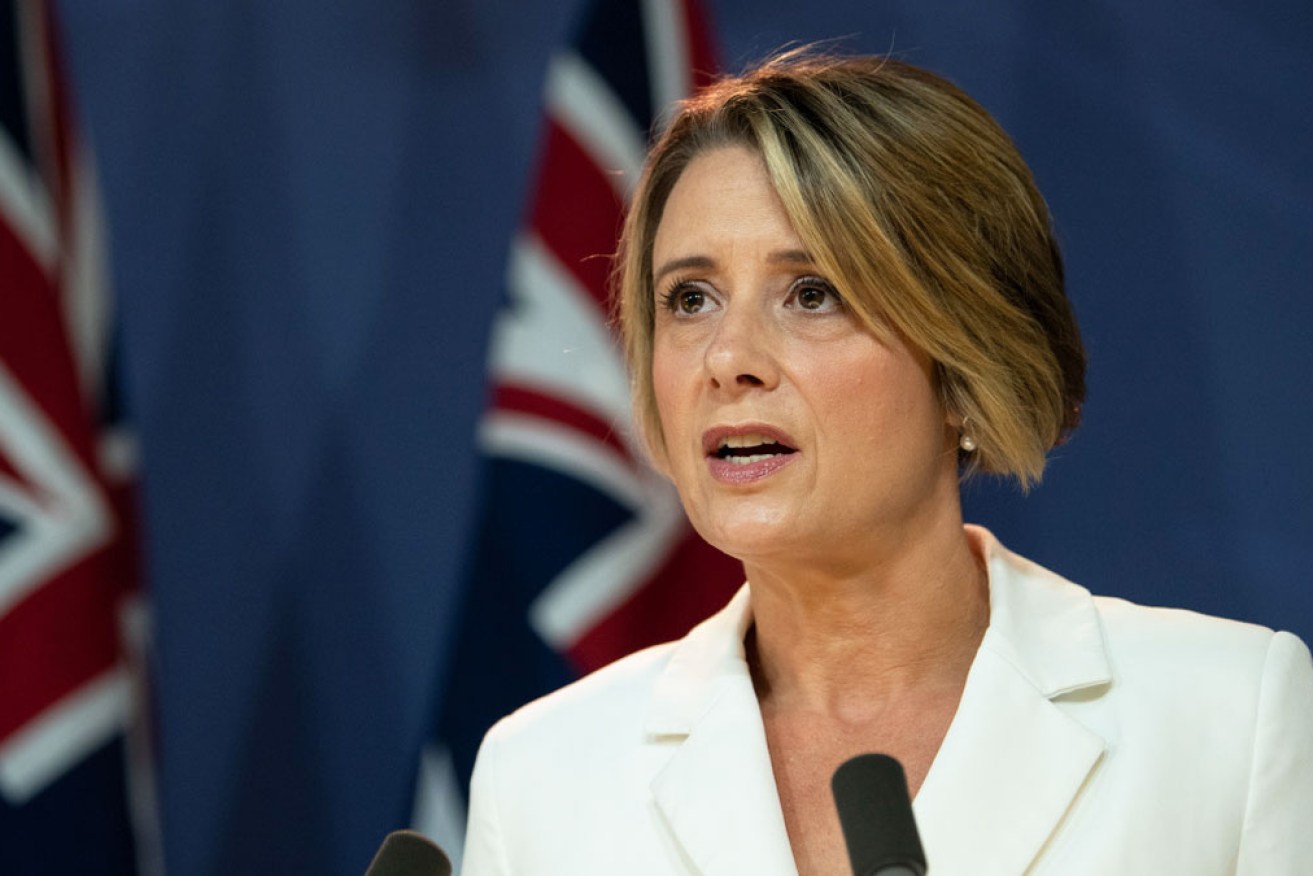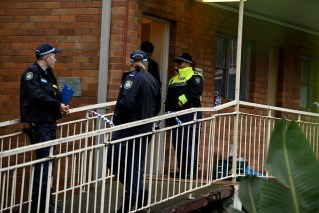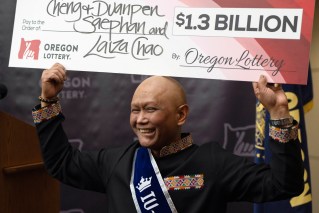Far-right extremism threats thrown at Labor senator, warnings issued


Labor's Kristina Keneally, who's running for the Sydney seat of Fowler, has COVID and will isolate for seven days. Photo: AAP
Senator Kristina Keneally has vowed Australia’s democracy will not be undermined by far-right extremism, as a Parliamentary inquiry heard she’d been the target of “terrible” abuse from neo-Nazi groups over her criticism of the fast-growing threat.
TND has been told security agencies are taking steps to enhance security arrangements around Senator Keneally and other parliamentarians, in response to numerous threats.
Police have been escorting her to recent public engagements.
It comes as online safety experts warn extremists are now using dating apps and gaming sites to recruit members, as pandemic-induced isolation and loneliness makes young Australians an easier target for far-right groups.
“Given the growth we’ve seen in nationalist and racist violent extremism, we anticipate there will be a terrorist attack in this country in the next 12 months,” Australian Security Intelligence Organisation director-general Mike Burgess warned.
ASIO’s top spy was addressing the Parliamentary Joint Committee on Intelligence and Security’s first hearing on its inquiry into extremist movements on Thursday.
In a long day of evidence, Australian Federal Police called for the criminalisation of extremist insignia like Nazi symbols, ISIL flags and manifestos left behind by terrorists, with officers claiming there was a “gap” in their ability to disrupt potential attacks.
ASIO said right-wing terror made up about 40 per cent of their counter-terror workload, but that Islamic-influenced terror was still its largest focus.
However, Mr Burgess noted the amount of right-wing work had nearly tripled in the past three years, with the inquiry spending much of its time probing that type of extremism.
Mr Burgess noted far-right activity was difficult to define, potentially encompassing sentiments including neo-Nazis, ‘incels’ or violent misogynists, anti-Semites, Islamophobes, anti-Indigenous and anti-Asians.
He said far-right actors often targeted people of Caucasian background, noting Senator Keneally – Labor’s shadow home affairs minister – had been subjected to abuse.
“If you don’t believe in their beliefs, you will get called out and they will attack you. Senator Keneally has an example of that. She’s on the receiving end of all sorts of terrible comments by people who don’t like what she believes in and how she’s challenging them,” Mr Burgess said.
“Being white doesn’t make you right in their eyes.”
The New Daily has seen numerous examples of far-right groups explicitly attacking and criticising Senator Keneally in encrypted messaging groups.
In one post last week, the leader of a Victoria-based neo-Nazi group told followers he was concerned Senator Keneally was working to have their organisation listed as a terror group.
“Politicians have long been targeted by extremists who believe they can silence those who speak out against their abhorrent views and actions. They are wrong,” she told TND on Thursday.

Far-right groups have been a growing presence in Australia.
“Australia’s democracy is stronger than them, and I thank Australia’s national security agencies for taking the threat of right-wing extremism seriously.”
The AFP told the inquiry that children as young as 13 were adopting extremist ideology, claiming the COVID pandemic and increased isolation had provided a fertile breeding ground for recruiting online.
“They’re typically vulnerable, socially disaffected individuals from disadvantaged backgrounds, including difficult family circumstances,” AFP deputy commissioner Ian McCartney said.
“We’ve observed violent extremists seeking to take advantage of isolation, loneliness and financial stress to boost their numbers.”
Speaking after the AFP, eSafety Commissioner Julie Inman Grant warned that it was not just the major social network sites that were used by extremists, but even popular phone apps.
Australia's eSafety Commissioner has said that far-right extremist groups have moved from larger social media platforms to dating apps and gaming sites for recruitment. #auspol pic.twitter.com/NeP3IkYag2
— 10 News First (@10NewsFirst) April 29, 2021
“Extremists groups are moving from the larger platforms, where they’re starting to harden their defences,” Ms Inman Grant said.
“There are this range of mid-size organisations that probably don’t have the same level of maturity in terms of their security, privacy and safety systems. They’re ripe targets, yet they can still reach an outside audience.”
The inquiry continues on Friday, with tech giants Facebook, Google and Twitter to give evidence to the committee.
The digital behemoths had defended their positions in submissions to the inquiry, saying they had all been working to beef up their content moderation and security systems to tackle online hate.








